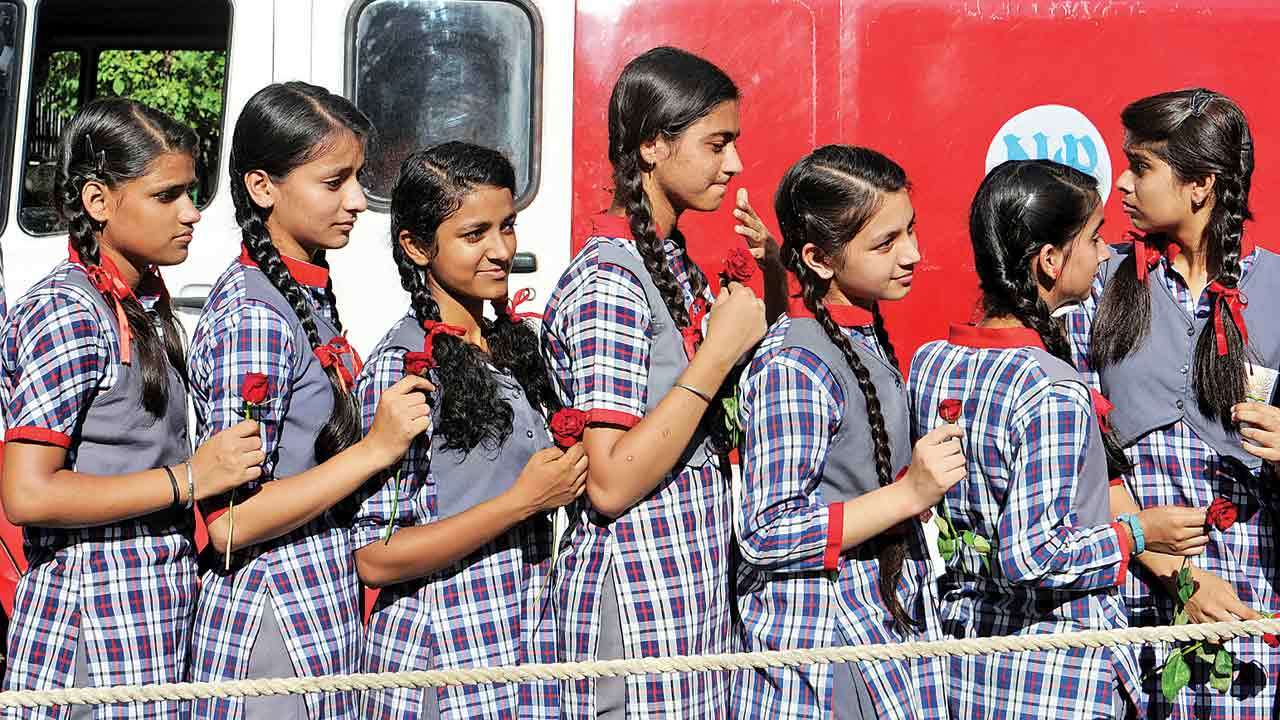The new format of 5+3+3+4 is considered as children and adolescents go through different stages of cognitive development.
The Central Board of Secondary Education (CBSE) is getting ready for a transition to the 5+3+3+4 pedagogical structure in accordance with the New Education Policy (NEP) 2020 recommendations. The board will soon issue a directive requesting that all Indian schools affiliated with the CBSE board make preparations for a switch from the current 10+2 system to the suggested 5+3+3+4 one.
Nidhi Chhibber, chairperson of the CBSE said that the board will implement the change as of the upcoming academic year. CBSE will start the creation of a school registry, teacher registry, and student registry in order to track the growth of these resources throughout the various stages of schooling. “The board will be issuing directions for the adoption of the new 5+3+3+4 system of education for all the schools instead of 10+2 as envisaged in NE” she said.
The chief of CBSE stated that the NEP’s salient feature is the inclusion of children aged three to six in formal education. She also emphasized how many CBSE schools are already involved in the education of younger children through their preparatory and pre-nursery programs. The board will make an effort to officially include this within the CBSE system framework.
The NEP 2020 proposes a new pedagogical framework that divides education for children into four stages. The first stage is the five-year foundational stage. Preparatory and middle stages will follow, each lasting three years, and the secondary stage will be of four years. The new divisions are made considering the, children and adolescents go through different stages of cognitive development.
While the board exams for grades 10 to 12 will still be conducted under the NEP, the examination format will change to do away with the requirement for coaching sessions. According to the NEP, all students will be permitted to sit for these exams twice during a school year in order to eliminate the “high stakes” component of board exams. The improvement exam will be optional; the main exam will be required.





